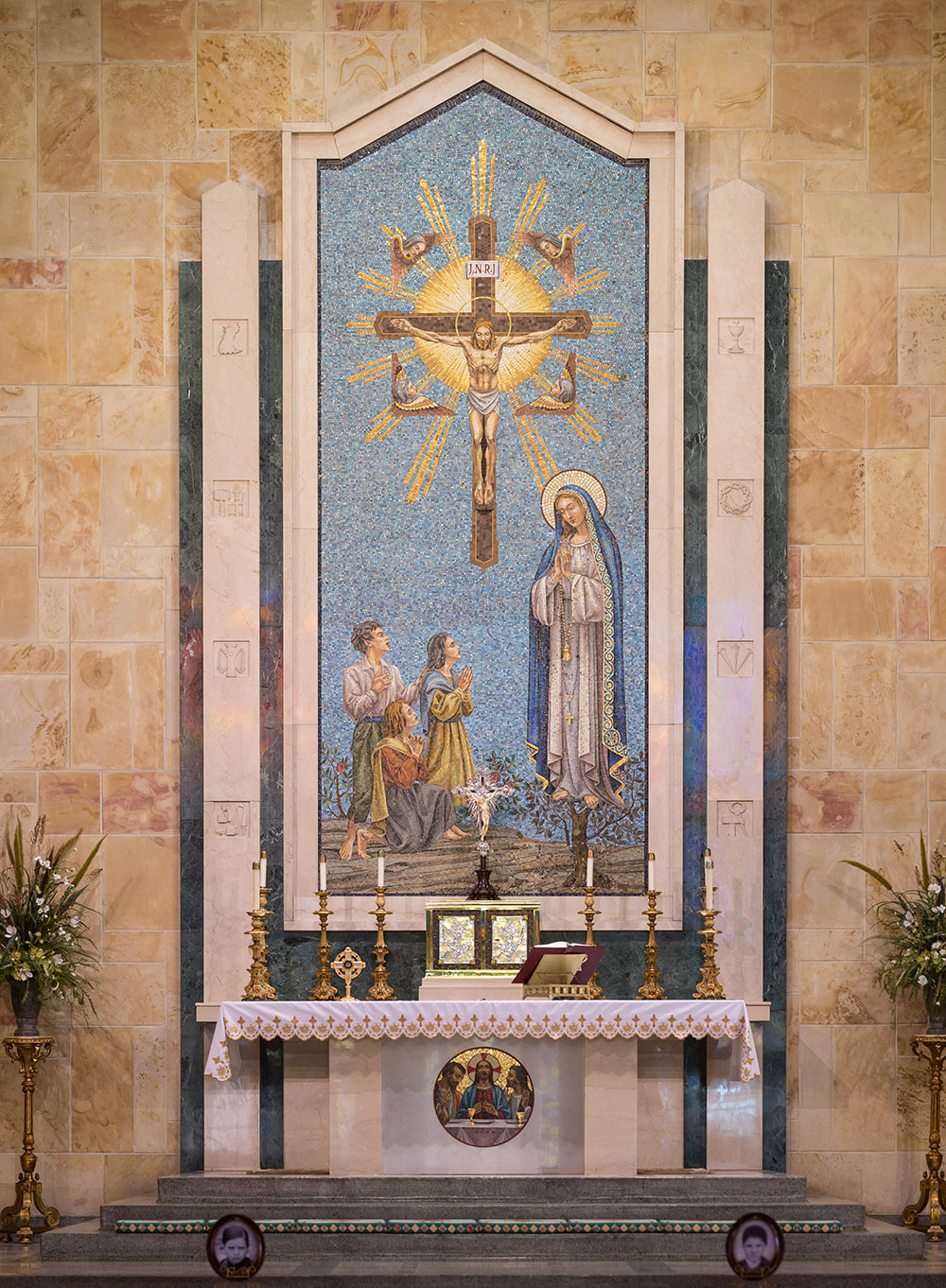Annulments
Five “How’s” and “Why’s”
1. What’s the first step?
The first step in the annulment process is contacting your parish priest. He will give you a set of papers to be completed. After completion of the paper work, the petitioner for annulment returns the papers to the parish priest for review. If all is in order, the parish priest then sends the paper work to the Diocesan Tribunal office. Priests who work in the Tribunal then take over the process, reviewing the marriage case in question. The process usually takes a little over one year. 2. What does the paper work involve? The documents to be retrieved are the following:
There is no cost for an annulment. 4. Just what is an annulment? In an attempt to answer a difficult question in as simple and brief a way as possible, an annulment is a decree by the Church stating that a marriage did not exist sacramentally. The key word here is sacramentally. An annulment states that at the time of marriage, one or both parties was not capable of honestly making and fulfilling the marriage vows, thus making the vows null and void. The Church does not make statements regarding the civil and legal aspect of the marriage. On paper, according to civil law, there was indeed a “marriage” by all secular standards (which makes children legal/legitimate), but the “marriage” was never a valid sacrament. Thus, the Church would not recognize it. It is also important to remember that there is really no such thing as “illegitimacy” in the eyes of God. We are all born as God’s beloved and eternal children regardless of our civil status. 5. Isn’t an annulment just “divorce” the Catholic way? No, the Church does not recognize divorce. An annulment does not dissolve a marriage. It simply means that in the eyes of the Church there never was a sacramental marriage in the first place. If two people separate and divorce, in the eyes of the Church, these two people remain married; they just do not live together. Separated and divorced Catholics, contrary to common belief, may still participate actively in the Church and, if living a chaste life, may receive Holy Communion and the other sacraments. However, if a separated and divorced Catholic REMARRIES without a decree of nullity for a first marriage, then this Catholic would be considered living in an “adulterous union” and, under normal circumstances, would be unable to participate fully in the sacramental life of the Church (such as receiving Holy Communion). To begin the annulment process in the Diocese of Lafayette, contact your local parish priest. Fatima Parish# (337) 232-8945 |
|
Our Lady of Fatima
2319 Johnston Street Lafayette, LA 70503 Phone: (337) 232-8945 office@fatimalafayette.org |


